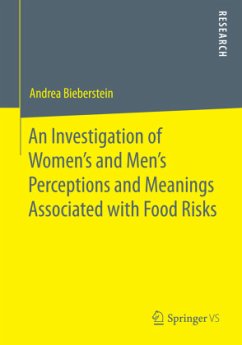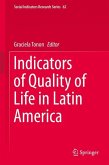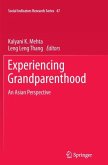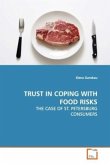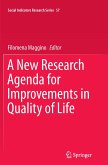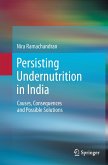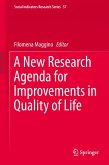Concern about food risks is widespread. Consumers, however, are found to differ in terms of how they evaluate these risks. One of the most prominent findings in this regard is the differences between women and men. Many studies report that men are less worried about environmental and technological risks than women, which is also the case for food risks. At the same time it is criticized that these differences are often exaggerated, similarities overlooked, and systematic investigations are lacking. Andrea Bieberstein gives a comprehensive overview of theoretical approaches to risk perception and empirical work that has been conducted in the field of risk perception research. Furthermore, she provides a systematic investigation of how food risks are constructed for women and men by uncovering the meanings in terms of associations, feelings, and values that they attach to various food risks. This allows a deeper understanding of the gender differences in risk perception in terms oftheir relevance and meaning.
Bitte wählen Sie Ihr Anliegen aus.
Rechnungen
Retourenschein anfordern
Bestellstatus
Storno

